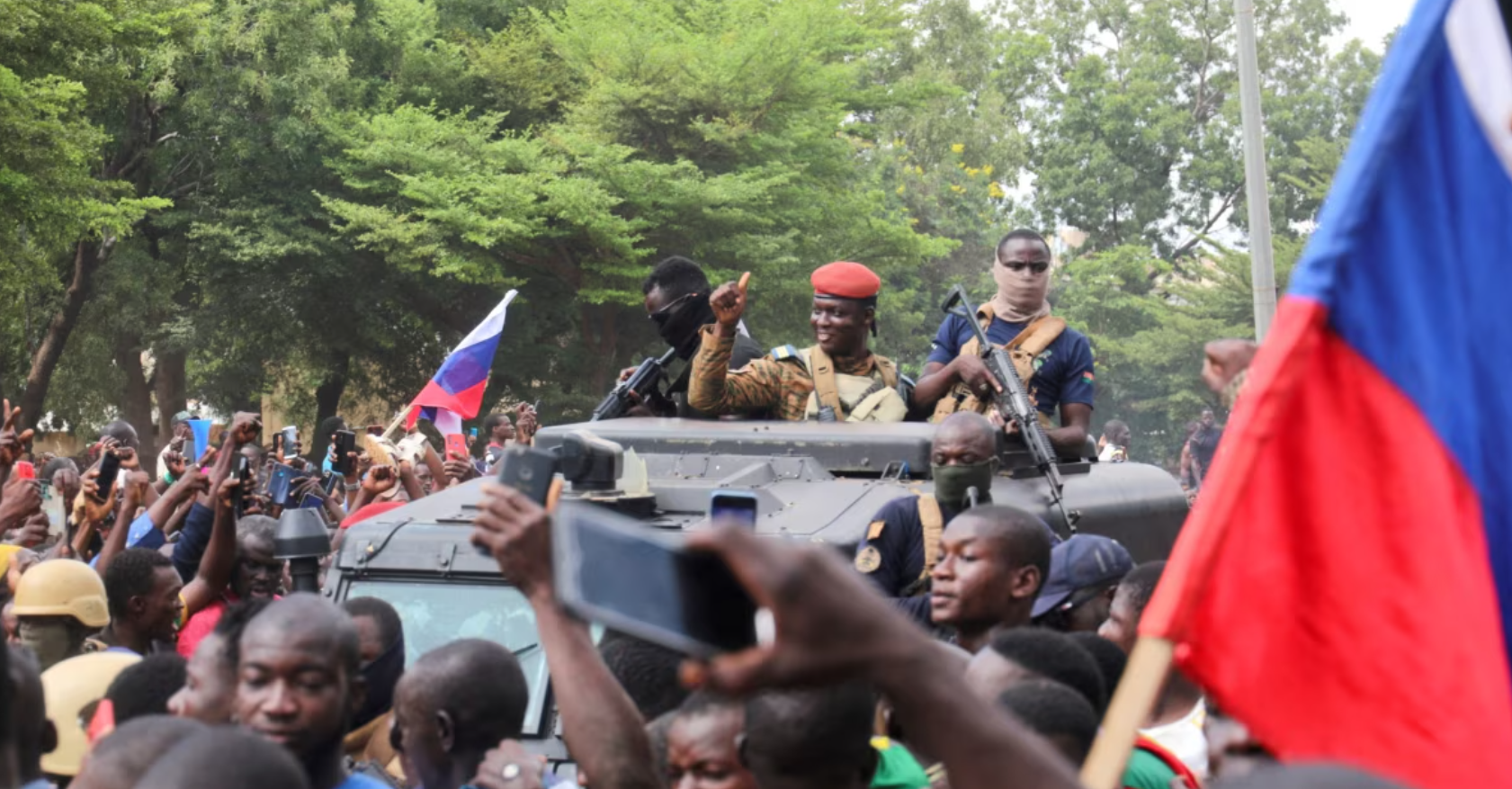
Burkina Faso’s ruling military junta has announced the dissolution of the country’s national electoral body, citing high operational costs and alleged foreign interference.
- Burkina Faso’s military junta dissolved the national electoral commission due to cost and foreign interference concerns.
- The electoral commission’s former responsibilities will be transferred to the Ministry of Interior under direct state control.
- The actions have raised concerns of democratic backsliding and delayed return to civilian governance.
The move is part of a broader series of cost-cutting reforms introduced by the transitional government, which came to power following a 2022 coup and has since vowed to restructure key national institutions.
Under the new arrangement, formerly independent bodies, such as the electoral commission will now fall under direct state control.
State broadcaster RTB TV confirmed that the interior ministry will assume responsibility for managing future elections, according to the BBC.
Burkina Faso tightens control on sovereignty
Burkina Faso’s transitional military government said the dissolution of the Commission Électorale Nationale Indépendante (CENI), was due to the high operational costs and rising concerns over foreign interference.
CENI, traditionally composed of 15 commissioners drawn from political parties and civil society groups, had been responsible for organizing elections in the country.
Territorial Administration Minister Emile Zerbo confirmed that the cabinet had approved a plan to disband the body and transfer its responsibilities to his ministry.

“Subsidised with nearly half a billion CFA francs (around $870,000) each year… it is budget intensive,” Zerbo said during a televised address.
He added that the restructuring was aimed at strengthening national control over electoral matters, stating, “The change was necessary to reinforce our sovereign control on the electoral process and at the same time limit foreign influences.”
Since taking power in a 2022 coup, Burkina Faso’s military leadership has distanced itself from former colonial ruler France and taken steps to centralize authority across key institutions.
The military-led government has signaled a shift toward a more self-reliant and sovereign approach, part of a broader trend among West African nations seeking to redefine post-colonial ties.
These moves come amid growing public pressure for greater economic independence and resource management that prioritizes national interests.
Junta actions spark fears of democratic backsliding
The move comes nearly a year after national elections were initially scheduled for July 2023.
Those polls were postponed after the junta, which seized power in a September 2022 coup, extended its transitional rule by five years, pushing a return to civilian governance further into the future.
The disbandment of the commission is expected to draw scrutiny from regional and international actors already concerned about the democratic backsliding in Burkina Faso, particularly after the country, alongside Mali and Niger, exited the Economic Community of West African States (ECOWAS) bloc earlier this year.
The junta however, maintains that its decision will pave the way for a more sovereign and streamlined electoral process, though critics warn it may further delay the country’s return to democratic rule.












